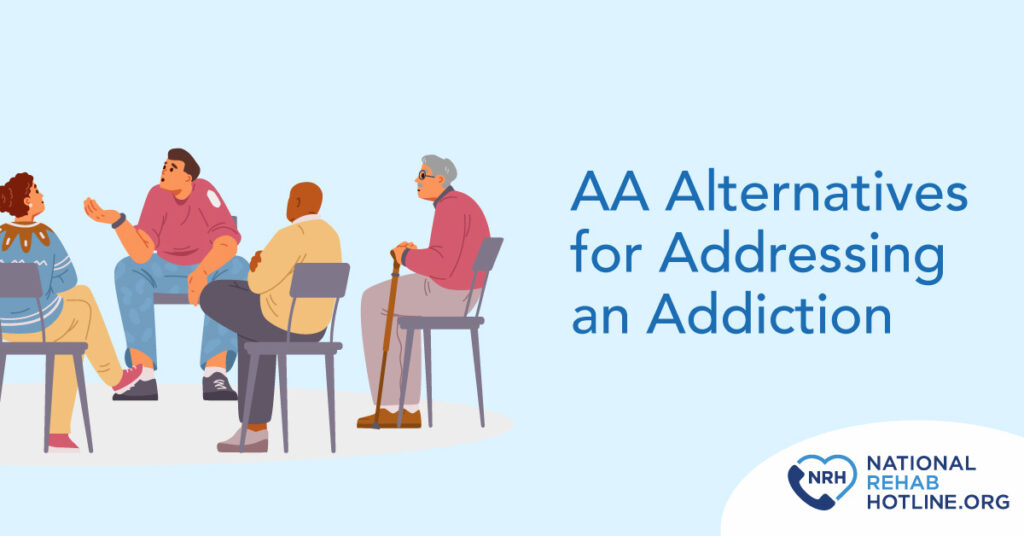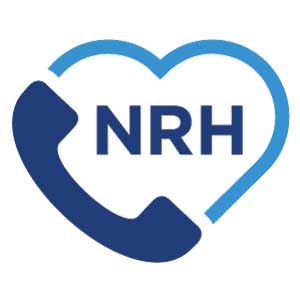While Alcoholics Anonymous has helped millions of people achieve sobriety since 1935, it doesn’t work for everyone. If you’re seeking AA alternatives for your recovery journey, you’re not alone. Many people find traditional 12-step programs don’t align with their beliefs, lifestyle or recovery goals. The good news is, many evidence-based alternatives exist and offer unique approaches to overcoming addiction. Whether you prefer a secular program, faith-based support or a moderation-focused approach, multiple pathways to recovery are available to help you build a life free from the harmful effects of substance use.
Why Some People Seek Alternatives to AA
Despite AA’s effectiveness for many people, several factors drive people to explore other options. Some find the spiritual components of the 12-step program incompatible with their personal beliefs. The emphasis on powerlessness and surrendering to a higher power doesn’t resonate with everyone, particularly those who prefer taking personal responsibility for their recovery.
Others may struggle with the group dynamic or feel uncomfortable sharing personal details in meetings. Some people have had negative experiences with specific AA groups or find the one-size-fits-all approach doesn’t address their individual needs. Additionally, those dealing with co-occurring mental health conditions may need more specialized support than traditional 12-step meetings provide.
Success with AA often depends on factors such as having a sponsor, attending at least three meetings per week and actively participating in discussions. When these elements don’t align with someone’s personality or circumstances, exploring alternatives becomes essential.
SMART Recovery and Other Evidence-Based Programs
Self Management and Recovery Training (SMART Recovery) is one of the most prominent alternatives to Alcoholics Anonymous. This science-based program uses cognitive behavioral therapy (CBT) techniques and motivational interviewing to help people overcome addictive behaviors.
Unlike AA’s 12 steps, SMART Recovery focuses on four key areas: building motivation, coping with urges, managing thoughts and behaviors and living a balanced life. Clinical trials have shown that participants increased their percentage of days abstinent from 44% to 72% after 3 months, with significant reductions in alcohol-related consequences.
Other evidence-based programs like AA include LifeRing Secular Recovery and Women for Sobriety. These programs can be as effective as 12-step groups, with participants often reporting higher satisfaction levels, particularly among atheist or agnostic individuals.
The Matrix Model offers another evidence-based approach that’s particularly effective for stimulant users. It combines elements of various therapeutic approaches and has shown positive results for those struggling with methamphetamine or cocaine addiction.
Faith-Based vs. Secular Support Options
Recovery programs span a spectrum from deeply religious to completely secular, allowing you to choose an approach that aligns with your spiritual beliefs. Studies show 73% of substance abuse recovery programs in the United States include spirituality-based elements, but secular alternatives are increasingly available.
Faith-based programs such as Celebrate Recovery integrate Christian teachings directly in the recovery process, viewing addiction as spiritual brokenness that requires divine intervention. These programs emphasize prayer, Bible study and accountability to God alongside traditional treatment methods. Research suggests that individuals in faith-based treatment often show higher levels of religiosity development, which can contribute to maintaining abstinence.
Secular options include institutions such as Secular Organizations for Sobriety (SOS). This network of autonomous local groups welcomes both religious and nonreligious participants while maintaining a secular approach. The programs emphasize self-reliance, personal responsibility and evidence-based strategies without requiring belief in a higher power.
The choice between faith-based and secular programs often comes down to personal preference and what motivates you most effectively. Both approaches can be successful when they match your values and worldview.
Therapy and Counseling as Alternatives to 12-Step Programs
Professional therapy offers a viable alternative or supplement to group-based recovery programs. CBT is effective for addiction treatment, helping individuals identify triggers, develop coping mechanisms and change harmful thought patterns.
Individual therapy provides privacy and personalized attention that group settings can’t offer. You can address underlying mental health conditions, trauma or other factors contributing to your addiction in a confidential environment. Motivational enhancement therapy helps build internal motivation for change, while dialectical behavior therapy teaches emotional regulation skills.
Family therapy can also play an important role in recovery, addressing relationship dynamics and communication patterns that may contribute to addictive behaviors.
While therapy requires insurance or out-of-pocket payment unlike free support groups, many people find the personalized approach and professional expertise worth the investment. Therapy can also complement other recovery methods, providing comprehensive support for lasting change.
Online and App-Based Recovery Communities
Digital recovery platforms have revolutionized access to addiction support, offering anonymity and 24-7 availability that appeals to many people. These platforms provide AA alternatives you can access from anywhere with an internet connection.
SMART Recovery offers online meetings and digital tools, while apps like Sunnyside focus on moderation drinking programs for those seeking to reduce rather than eliminate alcohol consumption. These platforms often combine peer support with tracking tools, educational resources and personalized goal-setting features.
Online communities provide particular value for people in rural areas with limited local resources, those with mobility issues and individuals who prefer digital interaction. Many platforms offer real-time support through chat or video meetings, as well as self-paced support through forums and messaging.
The convenience and accessibility of digital recovery tools make them attractive supplements to traditional treatment, although they work best when combined with offline support systems and professional guidance when needed.
Choosing the Right Program for Your Needs
Selecting the most effective recovery approach requires honest self-assessment of your needs, preferences and circumstances. Consider factors including the severity of your addiction, any co-occurring mental health conditions, your spiritual beliefs and your preferred learning style.
If you value scientific approaches and personal empowerment, programs like SMART Recovery might appeal to you. Those seeking spiritual transformation may prefer faith-based options, while individuals interested in reducing rather than eliminating substance use might explore a harm reduction or moderation drinking program.
Research indicates that commitment to total abstinence often provides the best odds of success regardless of the program you choose. However, harm reduction approaches can be valuable stepping stones or long-term solutions for some individuals.
Don’t hesitate to try multiple approaches or combine different methods. Many people find success using professional therapy alongside peer support groups or mixing online tools with in-person meetings. The key is finding sustainable support that keeps you motivated and accountable on your recovery journey.
Remember that recovery is highly individual, and what works for others may not work for you. Be patient with yourself as you explore options, and don’t view trying different approaches as failure. It’s part of finding your unique path to wellness.
Help Is Available With Addressing Addiction
If you’re ready to explore recovery options or need help finding AA alternatives to match your situation, the National Rehab Hotline offers confidential support and referrals to treatment resources in your area. Our trained specialists can help you understand your options so you can take the first step toward recovery.


